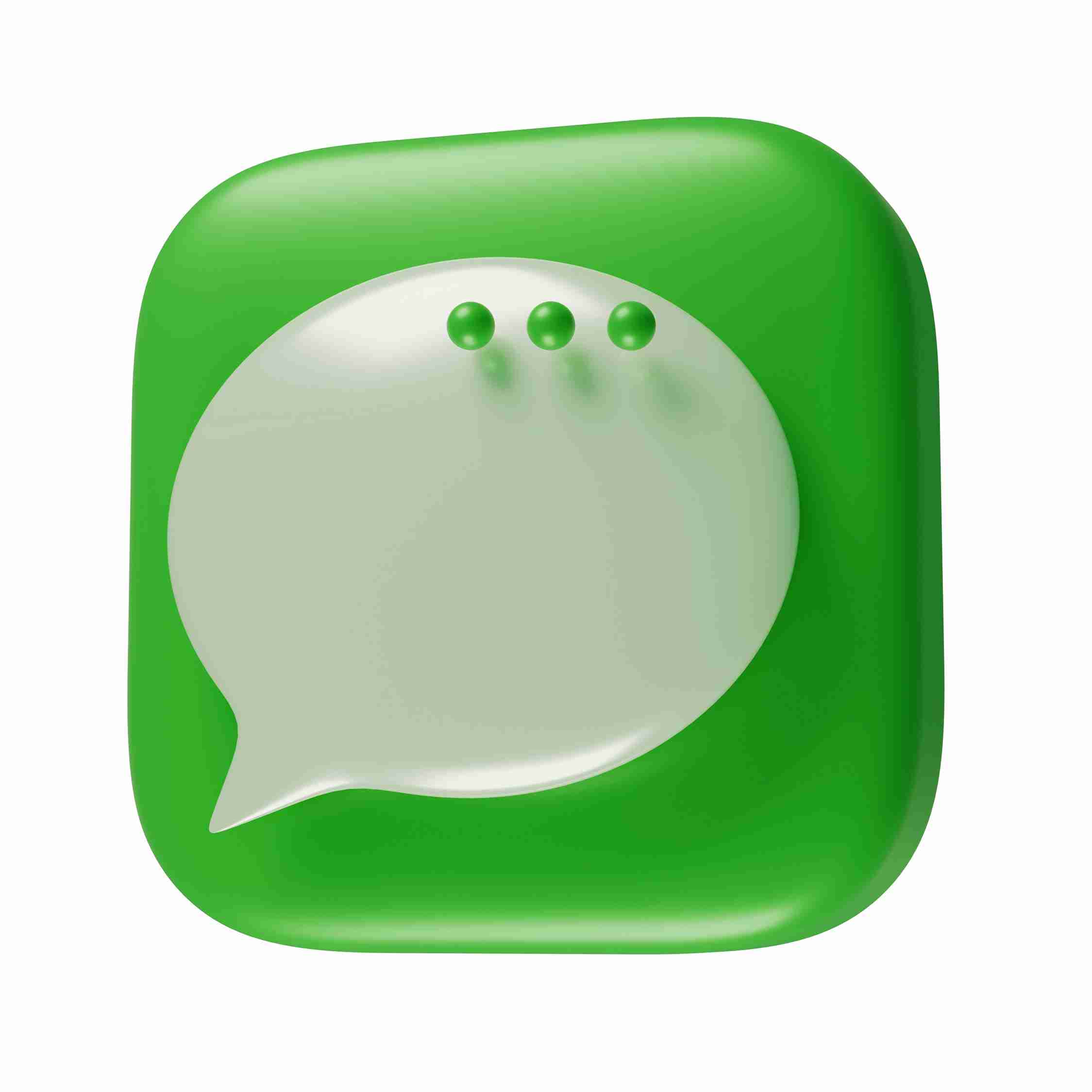Jack Dorsey Launches Bitchat: A WhatsApp Rival That Works Without Internet or Phone Numbers
Jack Dorsey, the renowned tech entrepreneur and founder of Twitter (now X) as well as CEO of Block, has unveiled a new messaging platform known as Bitchat. This innovative app seeks to challenge traditional messaging services like WhatsApp by offering a system that operates independently of internet connections, phone numbers, and centralized servers.
Dorsey shared details of Bitchat in a post on his social media platform, X, on Sunday, July 6, 2025. The beta version of the app is now live on Apple’s TestFlight platform, while a comprehensive white paper explaining its technical architecture has been made publicly available on GitHub.
Messaging Without Internet or Phone Numbers
Unlike mainstream apps that rely on internet connectivity and user identifiers such as phone numbers or emails, Bitchat utilizes Bluetooth mesh networking technology. This approach enables devices to communicate directly with each other over short distances, forming local networks that relay messages from one phone to another.
Even when there’s no Wi-Fi or cellular signal, Bitchat can keep messages moving across these interconnected devices. For instance, if users are moving through a crowded area, their smartphones can form temporary clusters that pass encrypted messages across the network. This allows communication to extend beyond the normal Bluetooth range, connecting people who might be separated by several meters or even hundreds of meters if there are enough relay devices between them.
Privacy at the Core of Bitchat
Privacy and decentralization appear to be at the heart of Dorsey’s vision for Bitchat. The app operates without user accounts, phone numbers, emails, or any centralized servers that store user data. Instead, all messages are stored exclusively on the users’ devices. They are ephemeral by default and vanish after a period of time unless the user chooses to save them.
This means that no central authority can monitor conversations or collect metadata about who is talking to whom. It’s a significant step forward for users seeking privacy-focused alternatives, particularly in regions facing censorship or frequent internet shutdowns.
How Does Bitchat Work?
In his announcement, Dorsey described Bitchat as an “experiment” in applying modern cryptographic techniques and decentralized networking to peer-to-peer communication. The app uses a combination of Bluetooth mesh networking, relay nodes, and a store-and-forward model. The store-and-forward approach allows messages to be saved temporarily on one device and forwarded to the intended recipient when they come into range, ensuring that messages can still reach users who might be offline at the moment they’re sent.
According to reports from CNBC, Bitchat also employs bridge devices that help extend the range of its Bluetooth mesh by connecting overlapping clusters. This architecture allows messages to traverse longer distances without needing any internet infrastructure, creating a resilient network that can survive internet blockages or government censorship efforts.
Features and Future Enhancements
Aside from one-on-one messaging, Bitchat supports group chats, or “rooms,” which can be protected with passwords and identified by hashtags. Users can create private groups for friends, family, or work colleagues without needing to exchange phone numbers or personal details.
Dorsey has hinted at further improvements to the app, including support for WiFi Direct technology in future updates. WiFi Direct would boost both the range and speed of message transmission compared to Bluetooth alone, further strengthening Bitchat’s usefulness as an off-grid communication tool.
A Push for Decentralized Communication
Bitchat aligns with Dorsey’s broader vision of decentralized, user-controlled technology. In recent years, he has backed other decentralized platforms like Damus and Bluesky, both of which aim to shift power away from large corporations and governments and back into the hands of users.
Experts view Bitchat as part of a growing trend of developing tools that empower users to communicate securely even during internet shutdowns, political unrest, or natural disasters. It also offers a way for people to stay connected privately, without revealing their identities or personal details to corporations or state surveillance agencies.
Competition with Elon Musk’s xChat
The launch of Bitchat arrives amid increasing competition in the secure messaging space. Elon Musk, CEO of Tesla and owner of X (formerly Twitter), recently announced his own messaging platform called xChat. Musk claims xChat will feature end-to-end encryption, disappearing messages, and cross-platform audio and video calls. The new platform is reportedly built using Rust, a programming language known for its speed and security, and will implement encryption techniques inspired by Bitcoin’s architecture to enhance privacy and data security.
While Musk’s xChat seems focused on creating a modern rival to apps like WhatsApp and Telegram, Dorsey’s Bitchat takes a different path, emphasizing decentralized, off-grid communication with no reliance on internet infrastructure or central servers.
It remains to be seen how these two visionary tech leaders will shape the future of messaging and whether their platforms can attract significant user bases in a market dominated by giants like WhatsApp, Telegram, and Signal.
For those eager to try Bitchat, the beta version is currently available on Apple TestFlight, with further updates and Android versions expected soon. As Dorsey continues his push for decentralized, private communication, many tech watchers will be following Bitchat’s progress closely.
Explore more on our Daily and Updated News

